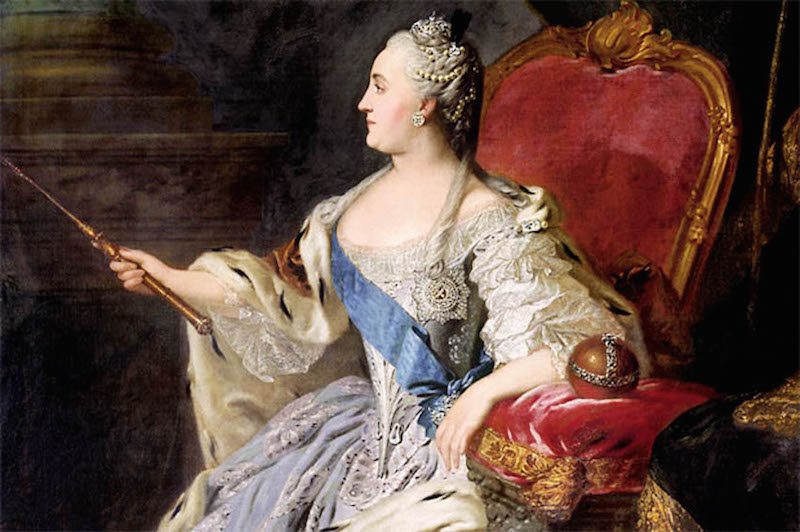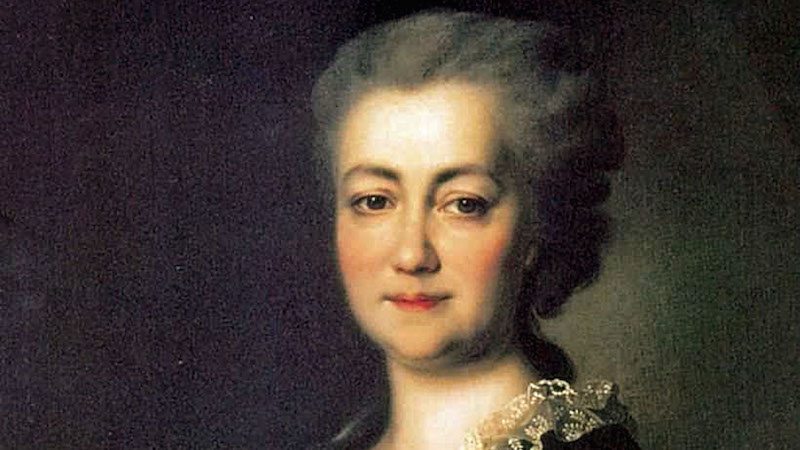Catherine the Great
Episode #2 of the course “Incredible female leaders through history”
Born a minor princess in 1729, young Sophia of Pomerania would grow up to be Catherine the Great, the longest-ruling and most influential female ruler of Russia. The period of her reign is known as Russia’s “Golden Age” or the “Russian Enlightenment,” as she transformed the country by promoting education, expanding territory, and strengthening Russian culture until her death of a stroke in 1796.
Sophia’s family had a long bloodline and maintained many political connections despite their impoverished state at the time of her birth. Her relatives arranged her marriage to her Prussian cousin, Peter, against Sophia’s father’s wishes. Peter had been chosen by his aunt Elizabeth as her successor to the Russian empire. Renamed Catherine, Sophia became fluent in Russian and converted to Orthodoxy from her childhood Lutheran practices. Her conversion was so vigorous that it impressed Elizabeth, as well as the Russian people. Catherine’s husband, Peter III, ascended as the Tsar of Russia in 1762.

Catherine and Peter’s marriage was bitter and abusive, and they despised one another. It was known that they both engaged in numerous affairs, and there are debates that Catherine’s heir was not Peter’s son. She gained the throne from him later in the year. Although he was murdered only a few days later, no one knows the extent of Catherine’s involvement. She was crowned Tsarina of Russia, and despite multiple rebellions, ruled for over 30 years.
During her reign, Catherine expanded Russia’s land and influence in the world. She increased international trade, promoted art and education, and made several attempts at progressive Russian diplomacy. She was not, however, tolerant of non-Christian people in Russia, and she promoted aggressive religious policies during her reign. Beloved by many for enhancing and strengthening Russian culture, Catherine’s body was publically displayed for 6 weeks after her death, and public mourning was observed for the next 6 months.
Quotes
“I will live to make myself not feared.”
“I like to praise and reward loudly, to blame quietly.”
“A great wind is blowing, and that gives you either imagination or a headache.”
“You philosophers are lucky men. You write on paper and paper is patient. Unfortunate Empress that I am, I write on the susceptible skins of living beings.”
Share with friends

